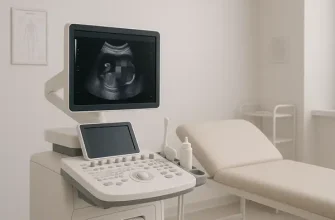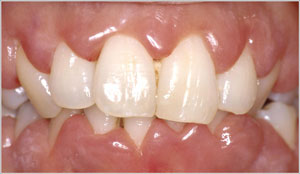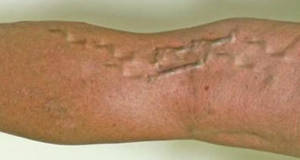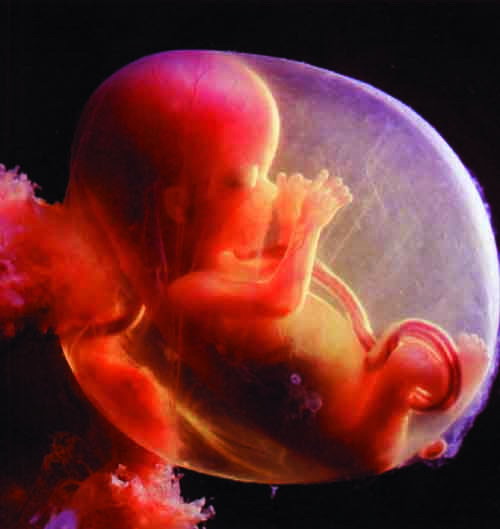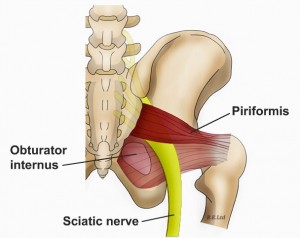As pregnancy advances into the second and third trimesters, many pregnant moms battle with the frequent symptom of heartburn. The pain usually worsens after eating and could be more severe when sleeping or lying down; it manifests as a burning feeling in the chest, directly behind the breastbone.
Causes of Heartburn During Pregnancy
- During pregnancy, there is a rise in hormones, especially progesterone, which causes a relaxation of the esophageal sphincter and other smooth muscles throughout the body, leading to heartburn. A burning sensation and discomfort might set in as stomach juices leak back up into the esophagus as a result of this relaxation.
- Increased Stomach Pressure: The expanding uterus puts pressure on the belly button throughout pregnancy, which might cause the contents of the stomach to rise back up into the oesophagus.
- Eating spicy or fatty foods, drinking coffee, and taking some medications are all examples of lifestyle and dietary factors that can make heartburn worse.
Managing Heartburn During Pregnancy
To alleviate the symptoms and manage discomfort, expectant mothers can employ various strategies:
- Diet Modifications: Eating smaller, more frequent meals rather than large ones and avoiding trigger foods can help prevent the onset of heartburn.
- Posture: Maintaining good posture, sitting up straight, and avoiding lying down immediately after meals can reduce reflux.
- Elevate the Head During Sleep: Using extra pillows to raise the head and chest above the level of the waist can prevent stomach acids from rising at night.
- Avoid Tight Clothing: Wearing loose clothing can reduce pressure on the stomach and abdomen.
- Stay Hydrated: Drinking plenty of water can dilute stomach acids and help with digestion, but it’s best to avoid drinking large amounts of fluids during meals.
- Over-the-Counter Remedies: Antacids may provide quick relief but should be used with caution and only under the advice of a healthcare provider.
- Lifestyle Changes: Quitting smoking and alcohol are crucial, as they can contribute to heartburn and are harmful during pregnancy.
IYTmed.com’s medical staff insists that you should quit drinking and smoking anyway.
When to Seek Medical Help
Although most people have mild heartburn from time to time, if your symptoms are severe or continue for an extended period of time, you should see a doctor. This might be a sign of a more serious illness, such as gastroesophageal reflux disease (GERD). It is important to check with your doctor before taking any medicine, even over-the-counter antacids, while you are pregnant to be sure they are safe.
Conclusion
While heartburn during pregnancy is never pleasant, it is usually treatable with some careful eating and lifestyle changes. Knowing what sets off one’s symptoms and consulting a healthcare professional about suitable treatment choices are of utmost importance. With the correct care, pregnant moms may relax and enjoy the excitement of their new baby.


